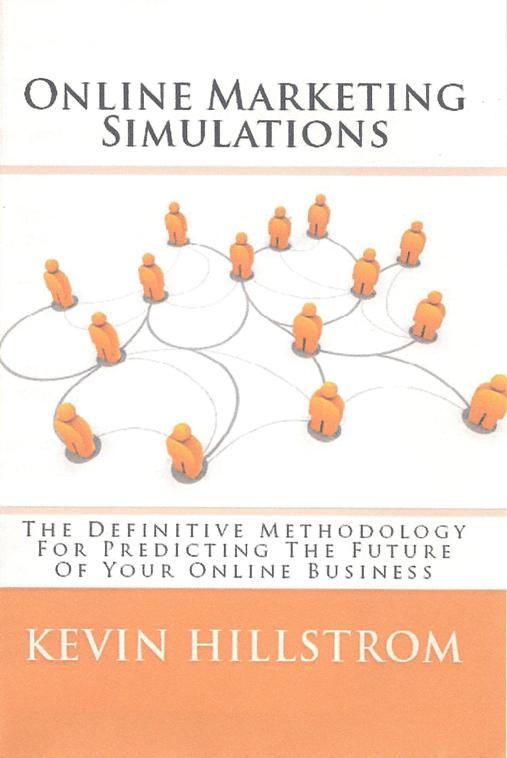Privacy Policy Reformation
We're nearing the start of a new decade, one likely to include the reformation of the venerable privacy policy.
Have you ever drawn the short stick, and been required to write a privacy policy? I assure you that the cross-functional team you'll work with will never have any other reason to be in the same room together again. You're likely to meet an individual representing your legal department. You're likely to meet an individual who works in your call center, a person described as a "customer advocate". You're likely to meet somebody from your online marketing department, your catalog marketing department, and your database support team. If you're really lucky, a few individuals who are passionate about the topic, folks who clip articles on the topic of privacy, will somehow hear about the meeting and invite themselves. You'll wonder about the privacy of your own e-mail meeting invites!
You quickly learn that your practices anger your co-workers. "You mean you actually rent my name and address to our competitors? That's the stupidest thing I've ever heard of. That's like McDonalds giving the license plate numbers of every customer ordering in the drive-through to Burger King. We need to stop this practice immediately! Does our CEO know about this?" When you tell the legal representative that she won't have a job if you cannot acquire new customers via traditional catalog marketing list practices, s/he relents, and even helps you craft language that "protects the brand".
- Language Actually Used: If you place an order through our catalog, we may share your name and postal address with carefully screened direct marketing companies whose products or services we feel may interest you.
- Actual Meaning: It will be a lot harder for us to stay in business if we cannot rent or exchange your name/address with a veritable plethora of organizations who benefit from your past purchase activity. We earn money by renting your name and address to our competitors, and in exchange, we get access to the best customers who shop with our competitors. Your name and address are also deposited into a rich source of information called a "co-op" database. We really have no idea what goes on when we deposit your name into a co-op database, we just know we get access to other names that seem likely to buy from our brand.
And the amazing thing we'll learn is that, after an initial shock, we can maintain the growth of the brands we manage without renting and exchanging names and addresses. It will take a level of creativity only possible when business models shift, but it will happen.
Labels: Privacy Policy


